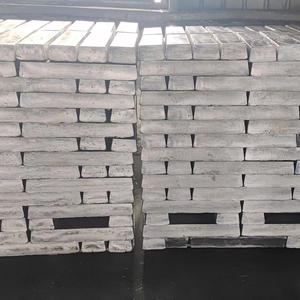In engineering and manufacturing, material selection is critical and directly affects product performance, cost and durability. Magnesium metal and steel are both widely used materials, but they each have some unique properties and applications. Let Chengdingman explain the differences between magnesium and steel to better understand which material is superior in a given situation.

1. Advantages of magnesium:
1). Lightweight: Magnesium is a very light metal with a density of only 1.74 g/cubic centimeter, which is about one-quarter that of steel. This makes magnesium ideal for manufacturing lightweight products such as aircraft, cars and bicycles. Magnesium is often a better choice where structural relief is required.
2). High thermal conductivity: Magnesium has excellent thermal conductivity properties, which makes it excellent in high temperature applications. It is often used to make engine parts and radiators, where it helps improve the efficiency of heat energy transfer.
3). Corrosion resistance: Magnesium metal has relatively good corrosion resistance, especially in dry environments. This makes it advantageous in some specific applications, especially in products that need to be lightweight and corrosion-resistant.
2. Advantages of steel:
1). High strength: Steel generally has higher strength and stiffness, which makes it excellent in applications that need to withstand large amounts of load and pressure. For example, in building structures, bridges and automobile bodies, steel is often the material of choice.
2). Cost-effectiveness: The production and processing costs of steel are relatively low, making it very economical in mass production and high-volume manufacturing. This makes steel very popular in construction and infrastructure projects.
3). Multiple types available: Steel is available in many different alloys and treatments to meet various needs. Different types of steel are suitable for different applications, such as stainless steel for applications requiring high corrosion resistance and high-strength steel for engineering and construction.
The above is the "difference between magnesium metal and steel" introduced to you. Magnesium and steel each have some significant advantages and limitations. When selecting materials, the key is to consider the needs of your specific project or application. If lightweighting, thermal conductivity and corrosion resistance are top considerations, then magnesium may be a better fit. If strength, cost-effectiveness and mass production are key factors, then steel may be the better choice. In practical applications, these factors usually need to be considered based on project requirements to determine which material is superior. Ultimately, material selection should always be consistent with the design and performance goals of the specific project.